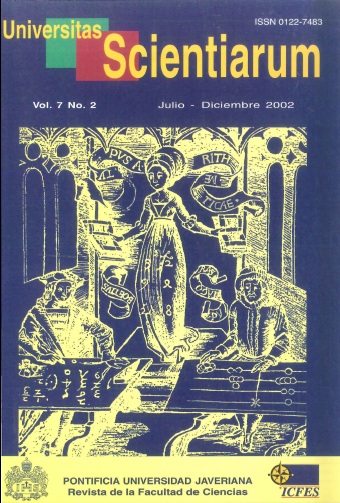Abstract
The aim of this study was to describe the effect of dietary trans fatty acids from margarine on serum lipid levelsof consumers. The sample was thirty-seven subjects between 20 and 50 years and adequate weight for height; 18subjects who consume margarine daily, the study group, and 19 subjects who never consume margarine, thecontrol group. Food habits, anthropometric data and serum lipid levels were assessed. The mean daily energy andnutrients intake, as well as total cholesterol and LDL cholesterol serum levels were higher (p<0.05) for the studygroup. HDL cholesterol serum levels were lower (4 mg/dl) and triglycerides higher (40 mg/dl) for the studygroup, although not significan t. Sixty one percent of study group and 26% of control group had high total cholesterolserum levels and 50% of study group and 21% of control group had high triglyceride levels. In conclusion, forthese subjects, consumption of dietary trans fatty acids from margarine could be a factor that can increase totaland LDL cholesterollevels, which are risk factors for coronary heart disease.Univ. Sci. is registered under a Creative Commons Attribution 4.0 International Public License. Thus, this work may be reproduced, distributed, and publicly shared in digital format, as long as the names of the authors and Pontificia Universidad Javeriana are acknowledged. Others are allowed to quote, adapt, transform, auto-archive, republish, and create based on this material, for any purpose (even commercial ones), provided the authorship is duly acknowledged, a link to the original work is provided, and it is specified if changes have been made. Pontificia Universidad Javeriana does not hold the rights of published works and the authors are solely responsible for the contents of their works; they keep the moral, intellectual, privacy, and publicity rights. Approving the intervention of the work (review, copy-editing, translation, layout) and the following outreach, are granted through an use license and not through an assignment of rights. This means the journal and Pontificia Universidad Javeriana cannot be held responsible for any ethical malpractice by the authors. As a consequence of the protection granted by the use license, the journal is not required to publish recantations or modify information already published, unless the errata stems from the editorial management process. Publishing contents in this journal does not generate royalties for contributors.



